Few sporting events carry the weight, drama, and symbolism of an India–Pakistan cricket match. In 2025, the Asia Cup clash between the two neighbors has sparked not only excitement among fans but also a fierce political firestorm across India. What was once billed as “just cricket” has become a lightning rod for debates on nationalism, diplomacy, ethics, and electoral politics.
This article explores the roots of the controversy, reactions from political parties, the historical baggage of India–Pakistan sporting ties, the broader context of sports diplomacy, and the implications for governance and public perception ahead of India’s political calendar.
The Immediate Trigger: Asia Cup Participation
The government’s decision to allow India’s participation in the Asia Cup 2025, where Pakistan is a key rival, has angered opposition parties.
- Congress and Shiv Sena (UBT) claim that agreeing to play Pakistan contradicts the government’s stated hardline stance on cross-border relations.
- They allege that the match is being treated as a profit-oriented spectacle, prioritizing broadcasting rights, ticket sales, and commercial deals over moral and diplomatic considerations.
- Shiv Sena (UBT) has even announced protests in Maharashtra, branding the match a betrayal of the sacrifices of Indian soldiers and martyrs.
Meanwhile, the BJP has pushed back:
- Party leaders insist that India cannot unilaterally withdraw from multilateral tournaments governed by the Asian Cricket Council (ACC) and the International Cricket Council (ICC).
- They argue that sport, particularly cricket, should be kept apart from politics, portraying the opposition’s stance as opportunistic.
- National pride, they maintain, is best reflected on the pitch, where victory can be symbolic of India’s strength.
Cricket as a Political Battlefield
India–Pakistan cricket matches have long been more than just games. They are imbued with symbolism that spills over into politics, diplomacy, and media narratives.
Historical Precedent
- In the 1999 Kargil War era, cricket was suspended, only to be cautiously resumed under peace initiatives.
- The 2008 Mumbai terror attacks saw bilateral cricketing ties frozen again, with only ICC and ACC multilateral tournaments allowing matches.
- Each resumption or boycott of cricketing ties has mirrored the ebb and flow of diplomatic relations.
Present Context
- India–Pakistan ties remain fraught, with disputes over Kashmir, cross-border militancy, and trade.
- For opposition parties, playing Pakistan is framed as a contradiction: if relations are hostile, why play cricket?
- For the ruling party, refusing to play would be painted internationally as politicisation of sport, a charge they wish to avoid.
Thus, cricket becomes a stage for political signaling: each party tries to position itself as the true custodian of national honor.
Economics of the Game
It would be incomplete to ignore the economics driving participation. India–Pakistan matches are among the most watched sporting events in the world.
- Broadcasting rights: Matches often generate record viewership, boosting advertising revenues for networks.
- Sponsorship deals: Brands flock to associate themselves with the spectacle, knowing millions will tune in.
- Ticket sales: Stadiums selling out within hours reflects the massive demand.
- Tourism & hospitality: Hotels, airlines, and local businesses benefit from visiting fans.
Critics argue this economic pull incentivises cricket boards and governments to sideline ethical or diplomatic concerns. Proponents counter that the economic benefits are secondary to India showcasing its sporting dominance.
Public Sentiment: More Than a Game
For ordinary citizens, emotions run high.
- Fans’ excitement: Many Indians see the clash as an opportunity for national pride. Defeating Pakistan is often described as “worth more than the trophy itself.”
- Skeptics’ anger: Some citizens side with the opposition, questioning why India should normalize cricket ties when diplomatic ties remain frozen.
- Neutral voices: A section of the public argues that sports must remain insulated from political quarrels, calling it an outlet for healthy rivalry.
Social media has amplified these divisions, with hashtags like #BoycottAsiaCup and #BleedBlue trending simultaneously, showcasing how cricket unifies and divides in equal measure.
Electoral Implications
Political analysts note that this controversy lands at a sensitive time: several state elections are scheduled later in 2025.
- In Maharashtra, where Shiv Sena (UBT) has a strong base, protests against the match may galvanize support among nationalist voters.
- The Congress hopes to portray BJP as hypocritical—hawkish in speeches, but compromising in action.
- The BJP, however, can leverage the match to project itself as confident and pragmatic, refusing to bend under political noise.
Ultimately, the cricket clash could influence electoral narratives, even if indirectly, by shaping perceptions of nationalism and governance.
Sports Diplomacy: A Double-Edged Sword
Globally, sports diplomacy has played roles in thawing or testing relations.
- Ping-pong diplomacy between the US and China in the 1970s softened relations.
- Korean athletes marching together in Olympics symbolized fragile peace gestures.
- India–Pakistan cricket itself has, at times, been used as a peace-building exercise (for example, then-President Musharraf’s 2005 visit to Delhi during a cricket series).
But sports diplomacy can also backfire. If political contexts are toxic, participation risks being interpreted as weakness. Thus, India’s decision to play Pakistan in 2025 must be seen in this global lens: striking a balance between fulfilling international obligations and protecting domestic political optics.
Broader Context: Politicisation of Sport
The Asia Cup controversy is emblematic of a broader trend where sport is increasingly politicised in India:
- Protests against IPL franchises for political reasons.
- Public outcry over athletes’ treatment (e.g., wrestling federation controversies).
- Use of national teams as symbols in campaigns and rallies.
In democracies, sport’s cultural significance often makes it irresistible for political appropriation. The India–Pakistan cricket match, with its history and symbolism, is simply the most high-voltage example.
Expert Opinions
- Political scientists argue the controversy reflects how nationalism has become a key electoral tool, with sport as an easy conduit.
- Economists highlight the commercial stakes that make withdrawal unlikely.
- Former cricketers have voiced mixed views—some saying cricket should go on, others urging boycott until relations improve.
The Road Ahead
The Asia Cup 2025 clash is set to be played regardless of the controversy, but the storm will not subside easily.
- If India wins, the ruling party will likely project it as proof of national strength.
- If India loses, opposition voices may amplify their critique, tying it to alleged compromises.
- Either way, the match will be dissected beyond runs and wickets. It will be about pride, politics, and perceptions.
Conclusion
The India–Pakistan Asia Cup clash is not just cricket. It is an event layered with history, economics, politics, and symbolism. For millions of fans, it will be an unforgettable contest on the field. For politicians, it is an opportunity—and a risk. For analysts, it is a reminder that in South Asia, cricket is inseparable from identity, diplomacy, and destiny.
#IndiaVsPakistan #AsiaCup2025 #PoliticsAndSport #NationalPride #OppositionCriticism #CricketAndDiplomacy #SportsPolitics #BJP #Congress #ShivSena

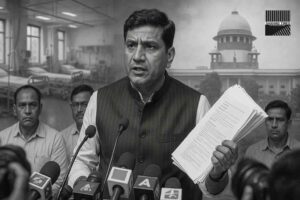



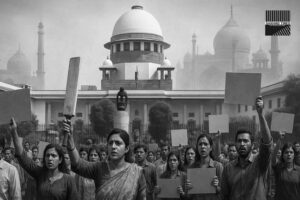

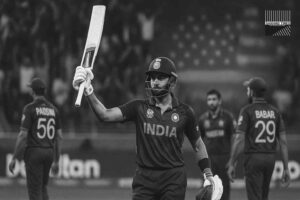




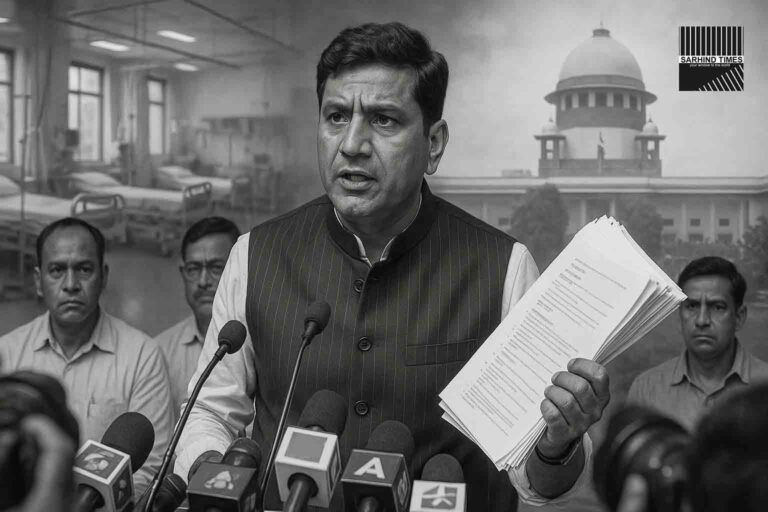
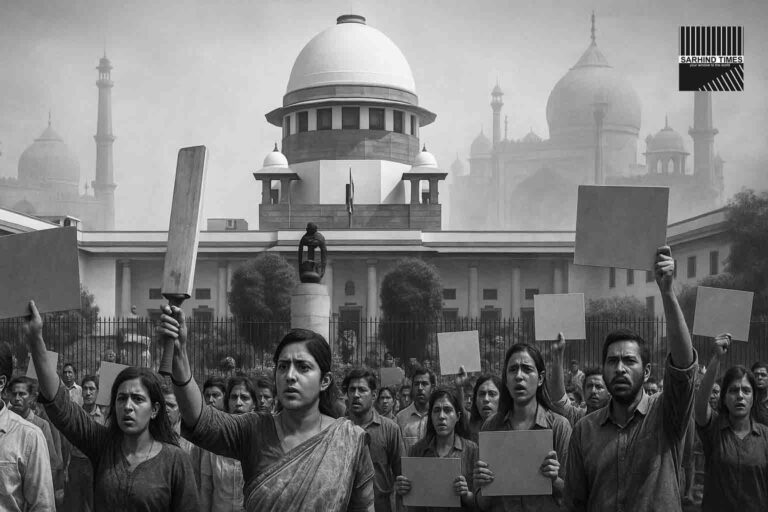
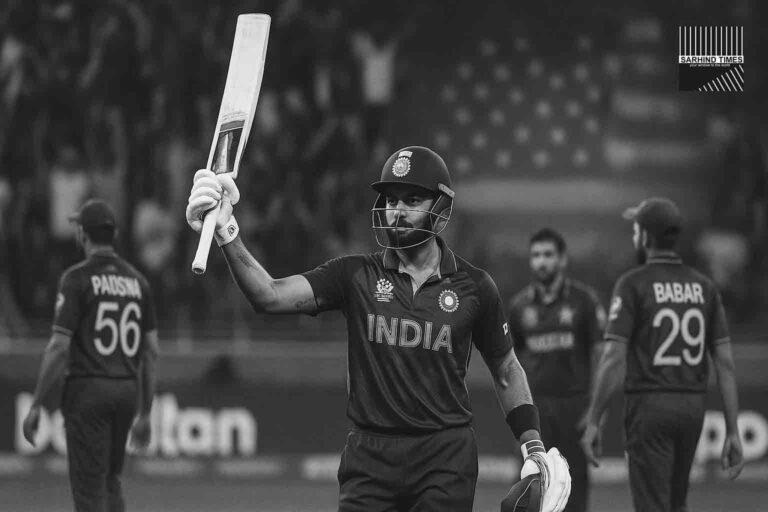
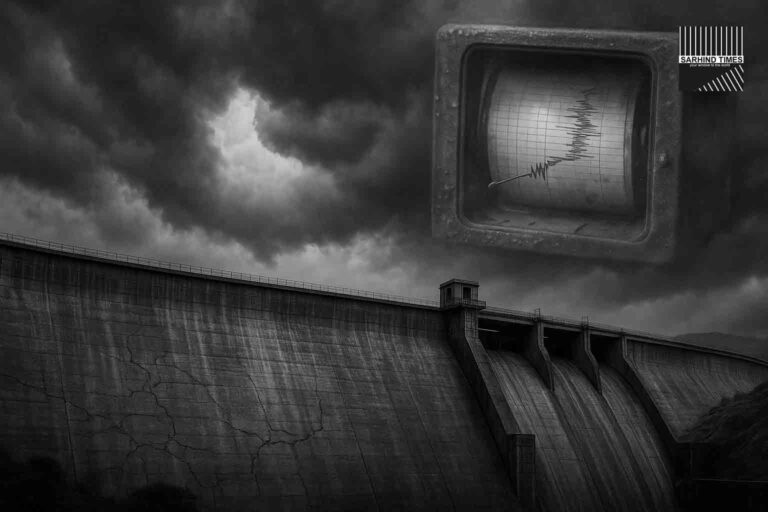




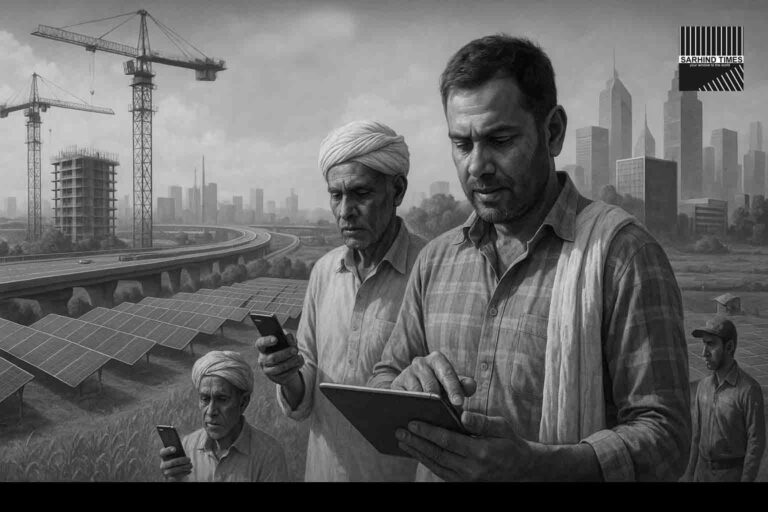
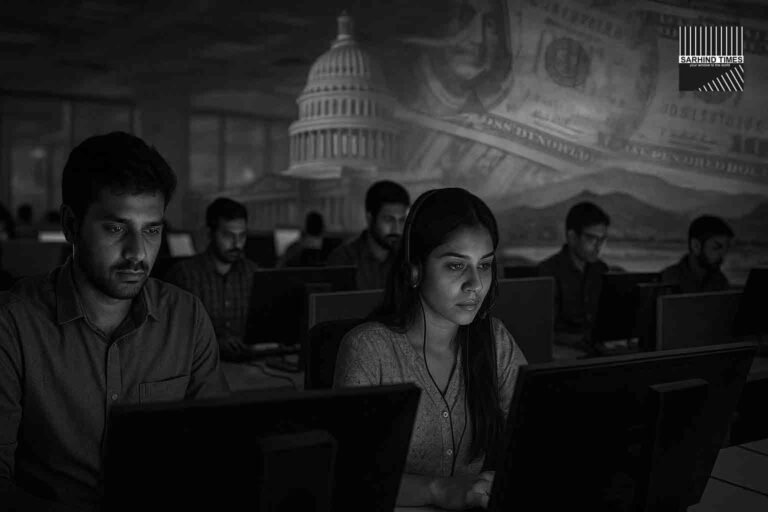
+ There are no comments
Add yours